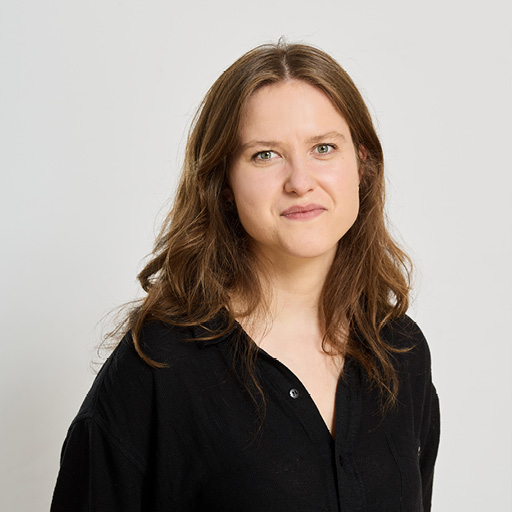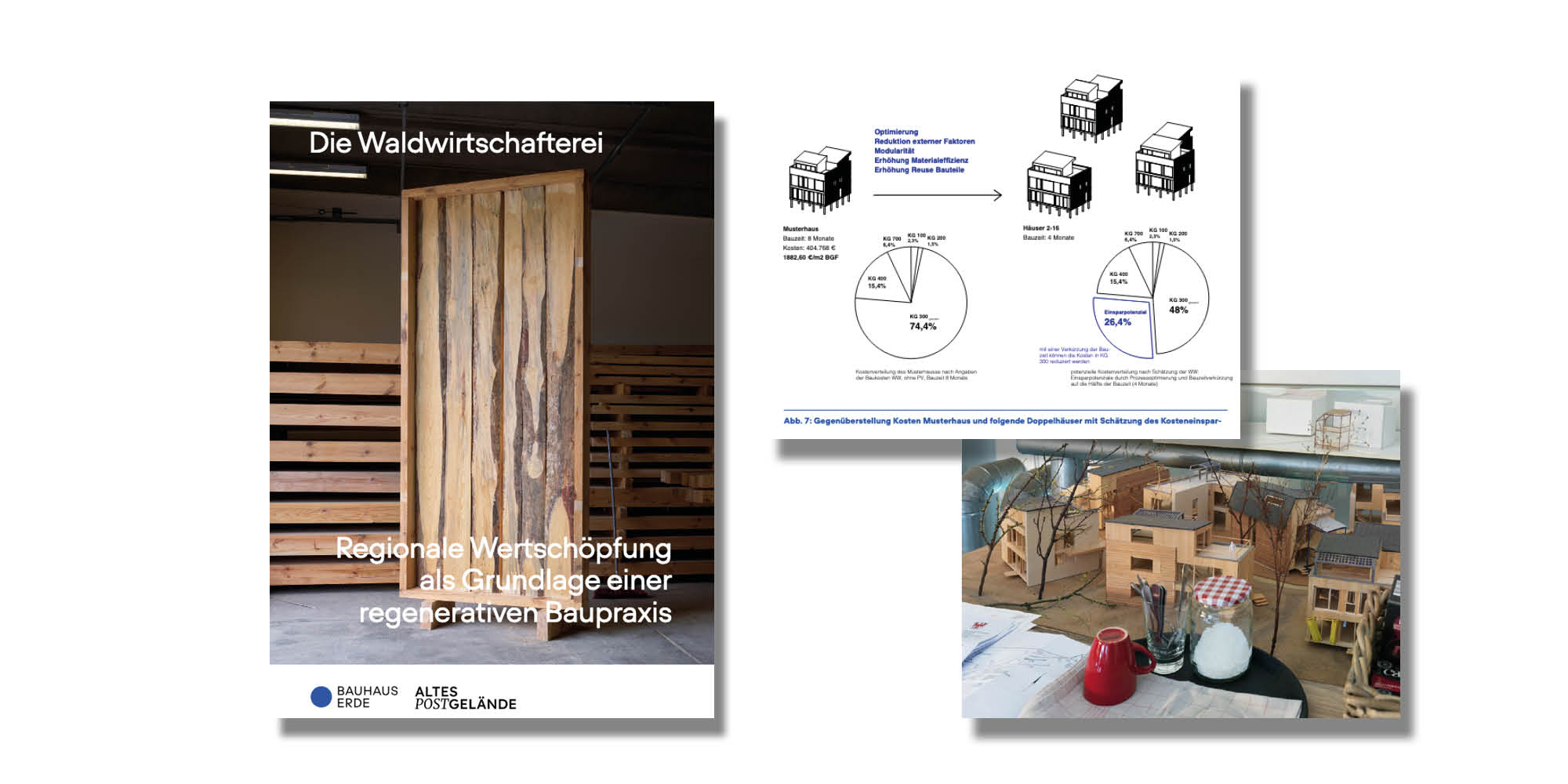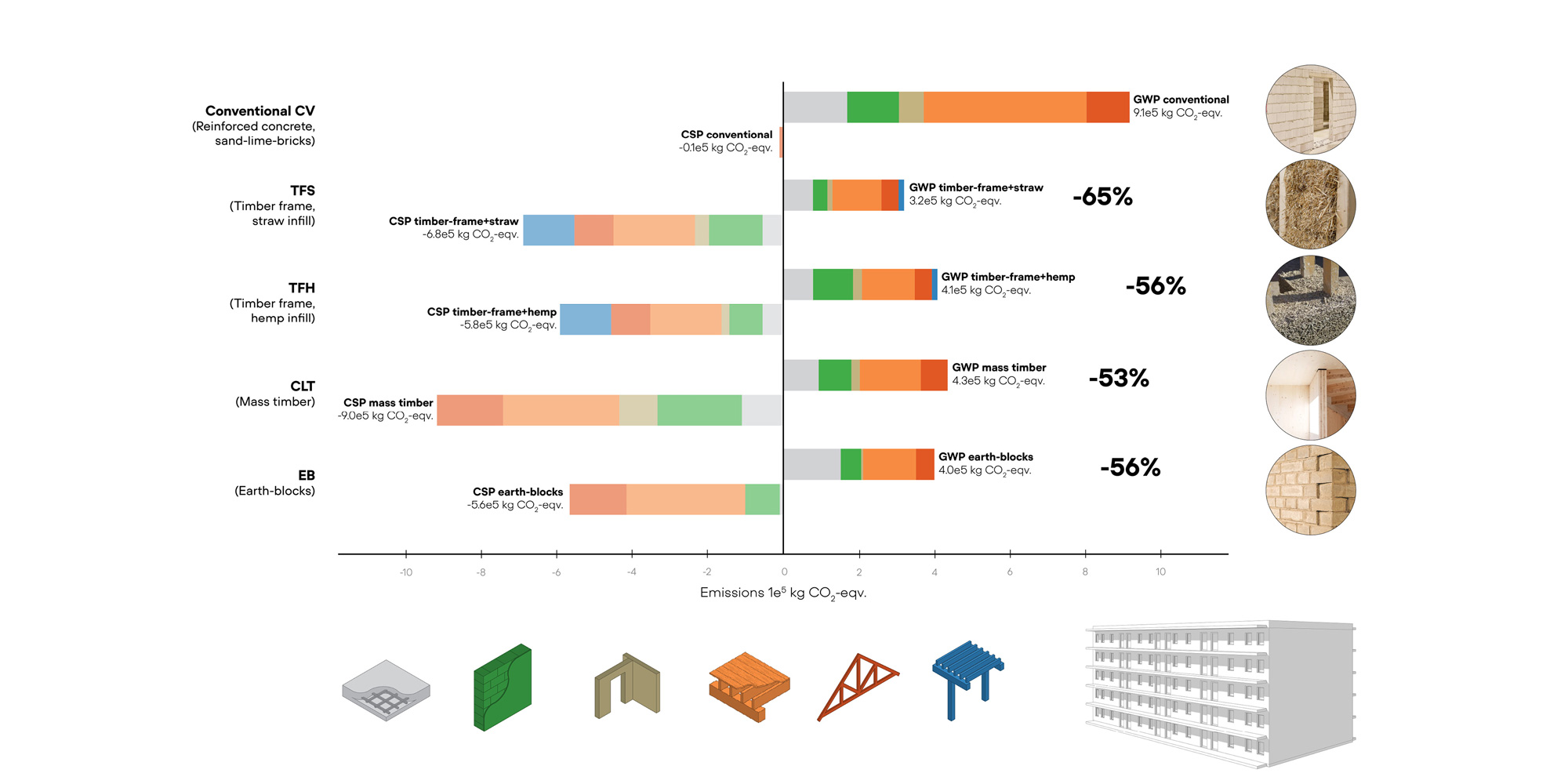All projects
Themes
Regenerative Cities and Regions
Value Chains and Networks
Climate Justice
Ecosystems
Local & Regional Practices
Nature-based Materials
Participation & Community
Duration
2023 - Present
Location
Bhutan, Germany, Indonesia, South Africa
ReBuilt

Rebuilt Annual Meeting 2024 in Bali, Indonesia, ©Muhammad Ziaurahman
Purpose
Transformation Pathways Towards a Regenerative Built Environment – or ReBuilt – promotes the novel concept of a regenerative built environment and demonstrates how it can be put into practice worldwide.
The research, roadmaps, toolkits, and policies generated in the ReBuilt project work towards reversing the negative impacts of construction on the climate through a fundamental change in the way we design and maintain our built environment and landscapes. The goal is to turn the built environment from a carbon source to a carbon sink through the adoption of regenerative building practices. In doing so, we can improve and preserve habitats for people and the planet.
Central to achieving this goal is the rethinking of construction materials and practices worldwide. In order to do so, the ReBuilt Project engages holistically with regional and global supply chains, including their socio-spatial, ecological, and political dimensions. We analyse and advocate for using bio- and geo-based materials, such as wood, bamboo, hemp, and compressed earth blocks, as well as secondary materials such as reused and recycled building components.
The ReBuilt Project has two research strands: a global study and a series of regional case studies. The Global Study quantifies the supply and demand of bio-based materials for future urban construction worldwide. The four Case Studies – Berlin-Brandenburg (Germany), Cape Town (South Africa), Denpasar-Bali (Indonesia), and Paro-Thimphu (Bhutan) – promote transformative action by engaging with local stakeholders, identifying opportunities, and testing them through demonstration projects.
The project aims to advance the adoption of regenerative building materials by combining quantitative assessments with qualitative field research at multiple scales. Our interdisciplinary and international team employs a variety of methods including lifecycle assessments, spatially explicit resource assessments, transformation labs, and participatory engagement. The results will be disseminated in various multi-media formats.
ReBuilt is funded by the German Federal Ministry for the Environment, Nature Conservation, Nuclear Safety and Consumer Protection (BMUV). The duration of the project is between 02/2023 and 12/2025.


Overview of the ReBuilt project approach
Approach
Global Study
At the global scale, the project assesses whether the supply of natural building materials can meet future construction needs under different scenarios. This will be achieved through a scenario-based model that will provide important insights into the potential to transform the built environment from a carbon source to a carbon sink. It comprises two components: the supply side, which focuses on regionalised timber supplies and other nature-based resources, and the demand side, which provides information on the future material demand for residential new construction. The model integrates these components by providing a spatially explicit quantitative comparison of wood supply and demand for urban agglomerations, supporting the quantification of the carbon storage potential of a future nature-based building stock until the mid-century.
Regional Case Studies
At the regional scale, a transformation methodology is applied in the following four urban regions: Berlin-Brandenburg (Germany), Cape Town (South Africa), Denpasar-Bali (Indonesia), and Paro-Thimphu (Bhutan). In close collaboration with local partners, the project identifies challenges and opportunities of nature-based and secondary material value chains in the specific regional contexts and develops tailored solutions targeting the transformation of the construction sector. The learnings from these regional deep dives feed into strategic roadmaps developed jointly with our local partner networks and addressed to policymakers, and a digital toolkit for other urban regions seeking the transition to a regenerative built environment.
The findings from our global research are transferred into the regional studies and vice versa. This continuous dialogue across the regions creates a dynamic and iterative project context, applying quantitative and qualitative approaches to develop innovative solutions for a location-specific regenerative built environment.
Key fields of research and action across the Global and Regional Studies are:
- Analysis of the global supply and demand of nature-based construction materials
- Identification and promotion of regenerative building practices
- Implementation of Transformation Labs as regional testing sites to create an enabling environment for systems change
- Realisation of four location-specific nature-based demonstration buildings in three continents
- Creation of networks and dissemination of knowledge through publications, models, events, exhibitions, podcasts, webinars, and a toolkit
No items found.
No items found.
Deep dives into four city-regions
The research design of the regional studies includes three iterative phases:
- Systems Analysis of the regionally available natural building materials, the characteristics of the local construction sector, the socio-spatial conditions of the built environment, as well as the actors, policies, and innovation landscape needed to implement the envisioned transition.
- Transformation Labs are transdisciplinary learning journeys that bring together key stakeholders to co-create and test alternative visions and transition scenarios.
- Development of Strategic Roadmaps including scalable solutions to guide the short, medium, and long-term transition towards a regenerative built environment.

Team

Nicole Pastrik
Project Manager

Dr. Anne Holsten
Senior Researcher

Dr. Chaohui Li
Senior Researcher

Dr. Gediminas Lesutis
Senior Political Economist

Georg Hubmann
Senior Researcher

Adrian Foong
Researcher

Aleksandr Karpov
Forest Researcher

Alisa Marielle Schneider
Researcher

Amelia Mega Djaja
Researcher

Arushi Gupta
Researcher

Diana Barrera-Salazar
Researcher

Gian Marco Morigi
Researcher

Kilian Schneider
Researcher

Kéan Koschany
Researcher

Tino Imsirovic
Researcher

Tobias Seydewitz
Researcher

Albrecht Dobelstein
Project Associate

Felix Exton-Smith
Student Assistant

Lanhua Weng
Student Assistant

Nicole Mroczek
Student Assistant

Ramsha Tauqeer
Student Assistant
No items found.
To get in touch with the ReBuilt project, contact Georg Hubmann.
Global Study
What share of future construction demand could be covered by nature-based building materials?
Understanding the supply of timber and other nature-based materials as well as the demand of future construction is pivotal to reduce climate and environmental impacts of the building sector. On a global scale, the ReBuilt project questions if there is enough regrowing material for future nature-based construction. This is achieved through a scenario-based modeling approach.

The supply model focuses on global roundwood production at a regional scale. The statistical model uses a set of forestry-related variables to interpolate regional roundwood production from sub-national data for managed forests. These results are complemented by global data on other nature-based materials, including straw, hemp, bamboo and earth.
The demand model focuses on the construction of new residential buildings and considers different future scenarios of socio-economic development, regarding the estimated future-development of floor areas, the typological distribution of building typologies (low, mid, high-rise) throughout cities and the degree of implementation of nature-based construction practices. This is based on a comprehensive, globally consistent method to estimate residential floor area and material stocks at a fine-scale spatial resolution, using the latest available datasets on key building parameters and material intensity.
What is the carbon-storage-potential of the built environment?
The final global model integrates these supply and demand components by providing a spatially explicit quantitative comparison of supply of nature-based materials and demand for urban agglomerations. Furthermore, linking the final global model with carbon coefficient databases, the climate change mitigation potential of the projected future building stock is estimated.
Nature-based Materials within Regional Housing Types
How can nature-based materials used in locally specific housing types contribute to reduce environmental impacts?
This global-scale model is underpinned with data from the case study regions. Regionally specific residential buildings for each of the four case study regions are modelled. Each housing typology is analyzed by its key building components and varies in scale, construction practices, materials, and climate conditions. The material layers are defined for both conventional and nature-based versions of each component. Life Cycle Assessments (LCA) are carried out for each typology to quantify the greenhouse gas emissions related to the specific construction practices and possible carbon storage capacities at the building scale. These results are then compared with the findings of the global supply-demand-model.

The Global Study of the ReBuilt project therefore connects global, regional, and city-scale approaches including a detailed analysis of the building and its material components through target-specific methodological approaches.
FAQ
How do I use the CMS reference field?
Using a refence field in Webflow is simple:
You select the field, and then options will be shown to you automatically which projects, or subpages, or other?
Link
Question
Answer
News
Upcoming Events
Thank you! Your submission has been received!
Oops! Something went wrong while submitting the form.
Curious about our past events further ahead? Check out all our past events below.
No events in the upcoming weeks
Past Events
Tue
09
Dec
15:00
Webinar: Discover the Bauhaus Earth Toolkit
More detailsonline
The BE Toolkit offers methods and dashboards for systems analysis and transformation
Seminars
Sat
08
Nov
9:00
FALLING WALLS Science Summit: "Scaling up Nature Based Solutions – Pitfalls and Potentials"
More detailsFalling Walls / Berlin and Online
Roundtable with Alan Organschi (Yale School of Architecture/Bauhaus Earth)
Conferences
Wed
17
Sep
16:00
Regenerative Futures Symposium
More detailsAtelier Gardens/Haus 12, Oberlandstr. 26-35, Berlin, Germany
International Symposium organised by Bauhaus Earth and Built by Nature Germany
Conferences
Mon
07
Jul
10:00
Workshop: Unlearning energy and material cultures
More detailsE-Werk Luckenwalde
Exploratory 3-day workshop on regenerative design
Workshops
Mon
16
Jun
18:00
Ausstellungseröffnung: Treffpunkt Bauwende x Regeneratives Bauen
More detailsBerlin
Ausstellung, Talks & Austausch zum regenerativen Bauen auf dem Grundstück der BSBA
Exhibition


















gh.avif)
141films.avif)

